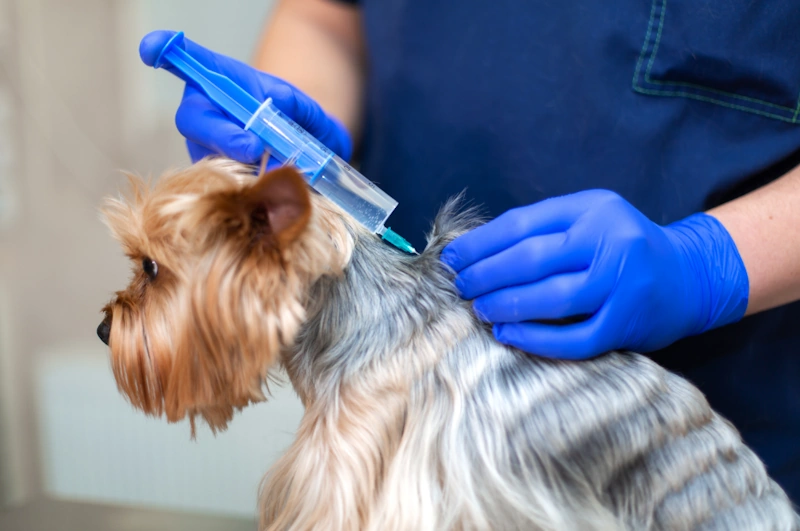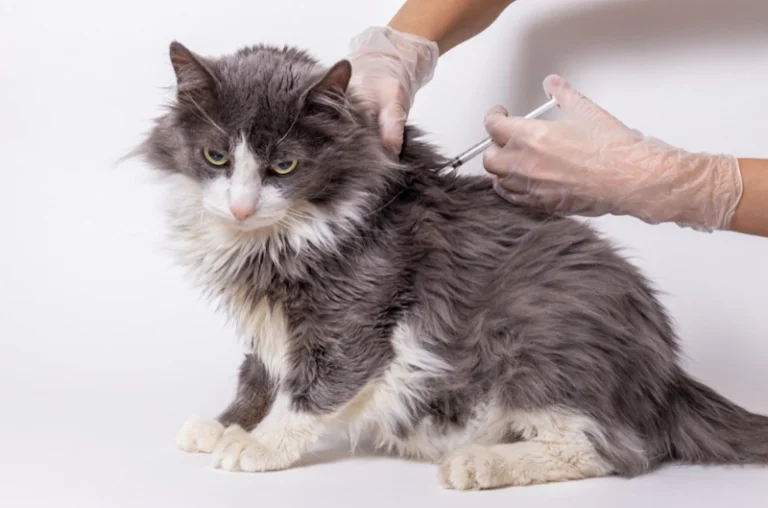National Immunization Awareness Month (NIAM) is observed every August to emphasize vaccinations’ critical role in maintaining public health. This annual observance provides an opportunity to educate people of all ages about the importance of staying up to date with their vaccinations.
Vaccines have been one of the most successful and cost-effective public health interventions, preventing millions of deaths and countless cases of disease every year. By promoting awareness and understanding of immunizations, National Immunization Awareness Month encourages individuals to take proactive steps in protecting their health and the health of their loved ones.
What Is National Immunization Awareness Month All About?
One of the key messages of National Immunization Awareness Month is that everyone, regardless of age, should discuss their vaccination status with a healthcare provider they trust. Healthcare providers are pivotal in guiding patients through the complex landscape of immunizations, helping them understand which vaccines are necessary based on their health needs and circumstances.
This conversation is crucial for those with chronic health conditions, such as diabetes or heart disease, as these individuals may be at higher risk for certain infections and complications. By staying informed and vigilant about vaccinations, people can significantly reduce their risk of severe illness and contribute to the overall health of their communities.
Just as it is essential for humans to stay current with their vaccinations, National Immunization Awareness Month reminds everyone that it is equally vital for pets to receive regular immunizations.
Like their human counterparts, pets are susceptible to various infectious diseases, some of which can be life-threatening. Scheduling an appointment with a pet vaccination clinic can quickly solve problems for your pets.
National Immunization Awareness Month reminds everyone that pet vaccinations are the most effective way to protect them from these illnesses and prevent the spreading of diseases that can also affect humans, such as rabies. Regular pet vaccinations are a cornerstone of responsible pet ownership, ensuring that pets lead long, healthy lives free from preventable diseases.
The National Immunization Awareness Month reminds everyone that schedules for pet vaccinations typically begin when they are very young. Puppies and kittens should receive their first vaccinations at around eight weeks of age. This initial round of vaccinations is critical in building their immune systems and protecting against common and dangerous diseases. However, a single vaccination is not enough to fully protect them. These young animals need booster shots every four weeks until they reach about 20 weeks of age.
This series of vaccinations ensures that their immune systems are fully primed and capable of defending against infections. It is vital not to skip any of these booster shots, as doing so can leave pets vulnerable to disease, potentially compromising their health and well-being.
When considering which vaccines are necessary for your pet, it is essential to consult with a veterinarian. The decision will depend on several factors, including the pet’s age, breed, overall health, lifestyle, and travel habits.
For example, a dog that spends a lot of time outdoors or in areas where ticks are common may need a Lyme disease vaccine, while a cat that lives exclusively indoors may not require certain vaccines essential for outdoor cats.
Some states and municipalities also have laws that mandate specific pet vaccinations, such as the rabies vaccine. Veterinarians are well-equipped to assess your pet’s individual needs and can guide the most appropriate vaccination schedule.
Some of the most common vaccines for dogs include rabies, DHPP (which covers distemper, hepatitis, parainfluenza, and parvovirus), leptospirosis, bordetella, influenza, and Lyme disease. The rabies vaccine is often required by law and is crucial for protecting not only the dog but also public health, as rabies is a zoonotic disease that can be transmitted to humans.

The DHPP vaccine is a core vaccine that provides broad protection against several serious viral infections that can be fatal to dogs. Leptospirosis and Lyme disease are bacterial infections that are spread through contact with contaminated water or tick bites, respectively, and can cause severe illness in dogs. The Bordetella and influenza vaccines are often recommended for dogs frequently in contact with other dogs, such as those that visit dog parks, kennels, or grooming facilities, as these diseases are highly contagious in such environments.

The common vaccines for cats include rabies, FVRCP (feline viral rhinotracheitis, calicivirus, and panleukopenia), FeLV (feline leukemia virus), and feline bordetella. The FVRCP vaccine is a core vaccine that protects against three highly contagious and potentially fatal feline diseases.
Feline viral rhinotracheitis and calicivirus are respiratory infections that can cause severe illness, particularly in young kittens or cats with weakened immune systems. Panleukopenia, also known as feline distemper, is a highly contagious viral disease that can be deadly, especially in kittens.
The FeLV vaccine is recommended for cats that go outdoors or live in multi-cat households. The feline leukemia virus is spread through close contact with infected cats and can lead to serious health problems, including cancer. The feline bordetella vaccine may be recommended for cats at risk of exposure to this respiratory infection, particularly in environments where many cats are housed together.
Overall, staying informed about vaccinations is a crucial part of maintaining people’s and pets’ health.
Whether it’s ensuring that children and adults are protected from preventable diseases or that pets receive the necessary immunizations, the goal is the same: to reduce the risk of illness and promote a healthy, thriving community. National Immunization Awareness Month serves as a reminder of the power of vaccines in safeguarding our health and the health of those we care about.
By consulting with healthcare providers and veterinarians, individuals can make informed decisions that will benefit their families, pets, and the broader community for years to come.


